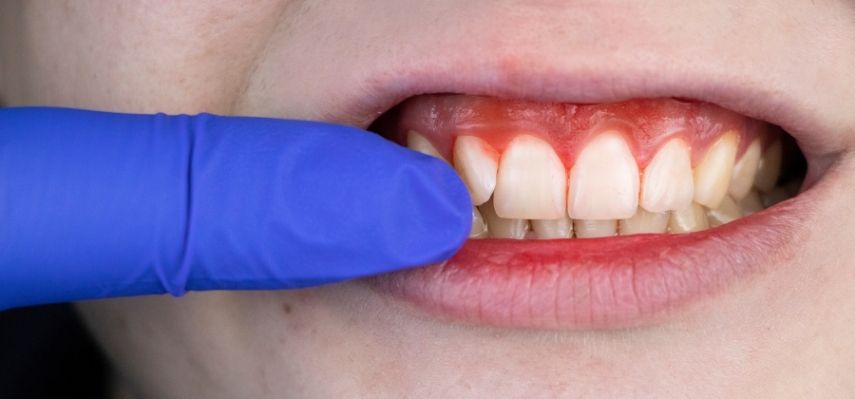
Oral cancer has become a major public health problem worldwide due to its increasing incidence and mortality. Normally, a person's mouth opens about 3 fingers wide. If the mouth opening is reduced, the skin of the mouth becomes irritated when eating hot and spicy foods, or if white or red sores appear, then there is a need to be alert. If recurrent mouth ulcers do not heal within 1 month, then immediately see a dentist.
But what's the point of building a dam when water is scarce? An important measure to prevent cancer is for people to be aware of the risk factors for it and get screened regularly.
About 75% of oral cancers are related to some bad habits like betel nut and tobacco use and excessive alcohol consumption. But have you ever wondered why people who do not have bad habits also get cancer? Other risk factors include poor oral hygiene, pyorrhea and tooth decay, ill-fitting braces, poor nutrition and infections caused by fungi, bacteria or viruses.
Long-term pyorrhea can lead to deep pockets that harbor viral agents, including HPV and EBV, which are associated with oral cancer, and the cancer-causing bacteria P. gingivalis. Pyorrhea increases the risk of infection in the bloodstream, causes inflammation throughout the body, and impairs the body's immune system. Recent research shows that gum disease can increase the risk of oral cancer by about 2-fold. It can also increase the risk of death from pancreatic cancer in particular.
At such times, do not fall prey to superstitions, family beliefs or false marketing. There is no need to fear cancer, just be aware. Early diagnosis and treatment for cancer can definitely give you great relief.
So is oral health even more important than we thought? Think for yourself!





